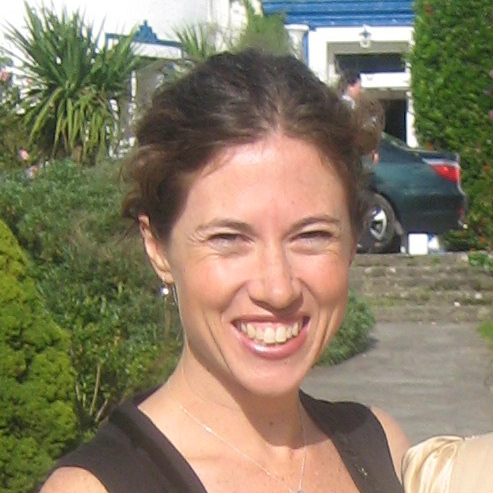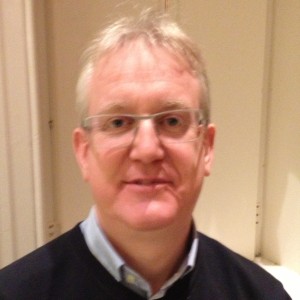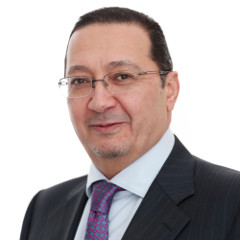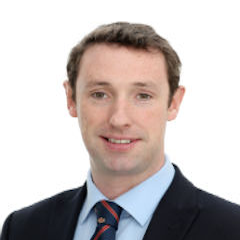Diagnostic Audiology
Dublin Audiology provides expert and comprehensive evaluation of hearing for all ages by a diagnostic Audiologist. Diagnostic tests are carried out to assess hearing disorders, provide guidance to the patient, parents or family, and recommend the appropriate care. The test selection depends on the age and development of the patient; each patient is given personalised and individual attention. For children, the hearing test is fun and both age- and developmentally-appropriate.






